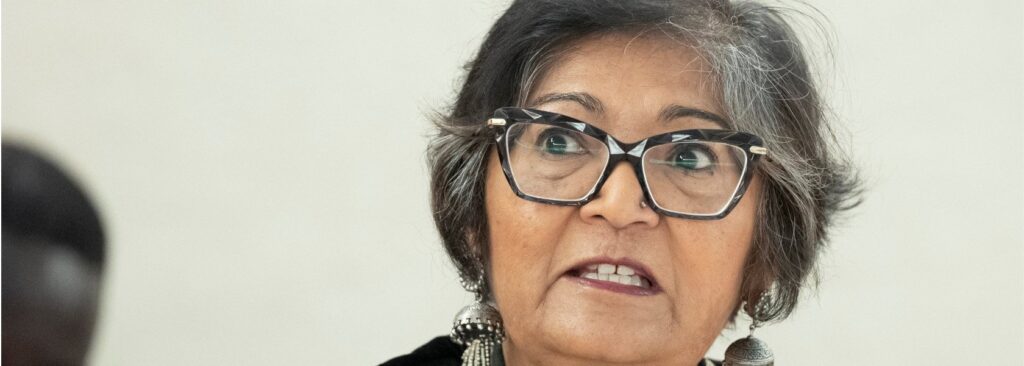The UN Commission on Human Rights in South Sudan has warned that the extension of Transitional Government will compound dire human rights crisis if leaders do not change course.
The Commission, in a press release on Wednesday, said the two-year extension was, in large measure, due to the failure by the country’s political leaders to conscientiously implement the Revitalized Peace Agreement, whose key provisions have the potential to consolidate peace, uphold human rights protections, and transform the country.
The Transitional Constitution was on September 21, amended to extend by another two years the government in place under the 2018 Revitalized Agreement on the Resolution of the Conflict in the Republic of South Sudan.
“Since independence in 2011, South Sudan’s unelected leaders have continued to entrench impunity for systematic and gross human rights violations, fuel insecurity, and deliberately thwart efforts to democratize the country,” the press release quotes Yasmin Sooka, the chair of the Commission, saying.
“Addressing civil, political, and socio-economic rights is a core obligation of all governments, yet South Sudan’s leaders have failed to fulfil these obligations. The challenges to a peaceful transition to democracy are not insurmountable if one implements the Revitalized Agreement as it was envisaged.
“However, the delays and unwillingness to compromise reflect the preoccupations of a predatory elite most concerned with remaining in power, and enriching themselves from the country’s vast oil and other wealth. A flagrant disregard for the plight of their own citizens is a testament to unaccountable leaders not having the political will to respect and protect human rights,” it further quotes Sooka.
The Commission noted that despite the last two-year extension of the Revitalized Agreement in August 2022, most critical tasks remain unimplemented, including the comprehensive unification of armed forces and their deployment, development of a permanent constitution, establishment of rule of law and transitional justice mechanisms, and credible electoral arrangements. All these are the minimum requirements for good governance, to ensure the promotion and protection of human rights to prevent further violations, as well as being the pathway for South Sudan’s durable recovery from devastating conflict.
Commissioner Barney Afako is quoted warning that South Sudan faced a maelstrom of interlinked crises.
“Damage to one of the oil export pipelines, linked to war in Sudan, has significantly reduced national revenue at a time when South Sudan hosts hundreds of thousands of newly displaced persons, including Sudanese refugees. South Sudan is also at the frontline of the climate crisis, with both flooding and drought adding to widespread deprivations and prolonged displacement,”Afako is quoted.
Commissioner Carlos Castresana Fernández is quoted saying that South Sudanese wanted to see where their national revenues were going.
“They want to see the resources supporting services essential to building a democracy, such as reliable law enforcement and administration of justice institutions, to address conflicts, violence and corruption, and resolve disputes through adjudication.”
Earlier this month, lawmakers submitted two bills to President Salva Kiir that would enable the establishment of a Commission for Truth, Reconciliation and Healing alongside a Compensation and Reparation Authority, as envisaged under the Revitalized Agreement.
The Commission notes that while these bills represent an important step towards dealing with the past and responding to victims, their content had not yet been made public, and there were no known measures for open and broad-based public and victims awareness and participation in consultations, which is an existing requirement both domestically and internationally.
The Commission on Human Rights in South Sudan is an independent body mandated by the UN Human Rights Council. First established in March 2016, it has been renewed annually since.




